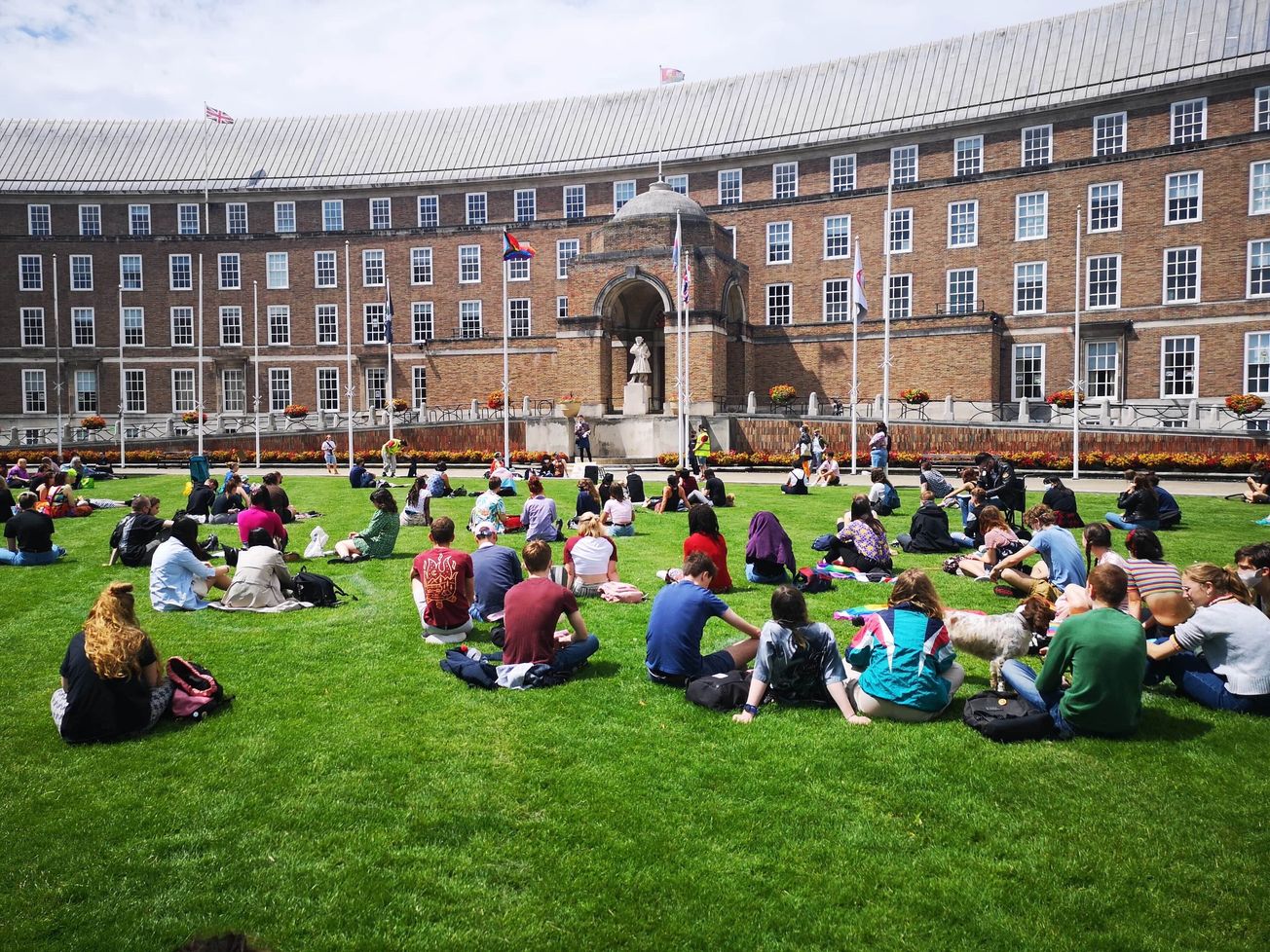By Juliette Dudley, Second Year Hispanic Studies
The month of February is known for being celebrated as LGBTQ+ History Month. As LGBTQ+ students it is a great time to reflect and educate ourselves about the people who came before us and fought for our rights, especially due to the lack of queer education in schools. Juliette Dudley reflects on LGBTQ+ History Month 2021 at the University of Bristol.
Charlie Siret, a second year Sociology student, commented that ‘It's about reminding ourselves that LGBTQ+ experiences have always been subversive and against the binary, and nothing that is becoming mainstream now is actually new.’
LGBTQ+ students around the world are sadly often exposed to hate and homophobia. Happily, the four students Epigram interviewed here at Bristol mostly stated that they feel comfortable and supported at the university. Still, in 70 countries around the world, it is illegal to be LGBTQ+, of which 12 use the death penalty as punishment.
Now, more than ever, with the current political climate and pressure from COVID-19 we need to look after ourselves and others around us. This year’s theme, ‘Body, Mind, Spirit’ is so current and communicates the vital self-care orientated message. A contributor who prefers to remain anonymous associates the theme with, ‘unity, self-reflection and [...] emotional tranquillity’, something that has become increasingly more difficult for the collective within the past year.
The pandemic and lockdown have made it much more challenging to stay healthy and look after our mental and physical health. Many of our day-to-day needs we rely on are not currently accessible to us and being cooped up with a family who may not accept you can be an unavoidable challenge.
The massive decrease of contact with other LGBTQ+ people can have dangerous consequences stemming from feeling isolated and alone.
An overwhelming feeling from all the people I interviewed was that being separated from supportive friends and the community has taken its toll in multiple ways and as a collective, we rely on our support networks much more than anyone else to fulfil our emotional needs. The massive decrease of contact with other LGBTQ+ people can have dangerous consequences stemming from feeling isolated and alone.
Throughout the last month, the University hosted multiple events covering a range of topics such as history seminars, creative workshops and a trans awareness session for staff. Additionally, Jason Palmer, the Equality, Diversity and Liberation Officer for Bristol SU, hosted a panel discussion with LGBTQ+ alumni to celebrate the month.
Interestingly, all the students I spoke to did not attend any events as they felt they didn’t need to and engaging with academic LGBTQ+ content can be emotionally exhausting. Does this bring into question whether the university has made the events as engaging and exciting as possible?
Educating oneself on LGBTQ+ history and key figureheads is vital and incredibly rewarding. Perhaps the lack of interest was due to an overload of cynical news stories recently and there is a lack of emotional strength to take part in this academic content.
I personally like to look back and pay my respects to those who had to fight the battles that we no longer have to face. The introduction of Section 28 in May 1988, created to prohibit the promotion of homosexuality by local authorities, meaning social care and schools, is one of the sad truths of LGBTQ+ history. This legislation created much tension and encouraged bullying in schools due to a lack of understanding of what identifying as LGBTQ+ meant. Fortunately, this law was stopped in 2003 in England and we are now able to promote our past and look forward to challenging any prejudice or discrimination.
The University hosted multiple events covering a range of topics such as history seminars, creative workshops and a trans awareness session for staff.
Looking back at both the AIDS crisis in the 1980s, Section 28 as well as the current pandemic, reinforces the strength of this year’s message for LGBTQ+ History Month. Looking after your body, mind and spirit is so vital as we haven’t always been able to do so. As we progress forward, I hope we can keep in mind the importance of being vulnerable and growing, as restricting ourselves may mean missing out on some incredible opportunities.
Did you attend any events for LGBTQ+ History Month this year?
Featured Image: Trans rights protest on College Green on 18/07/2020. | Epigram / Pascal van Liempt









